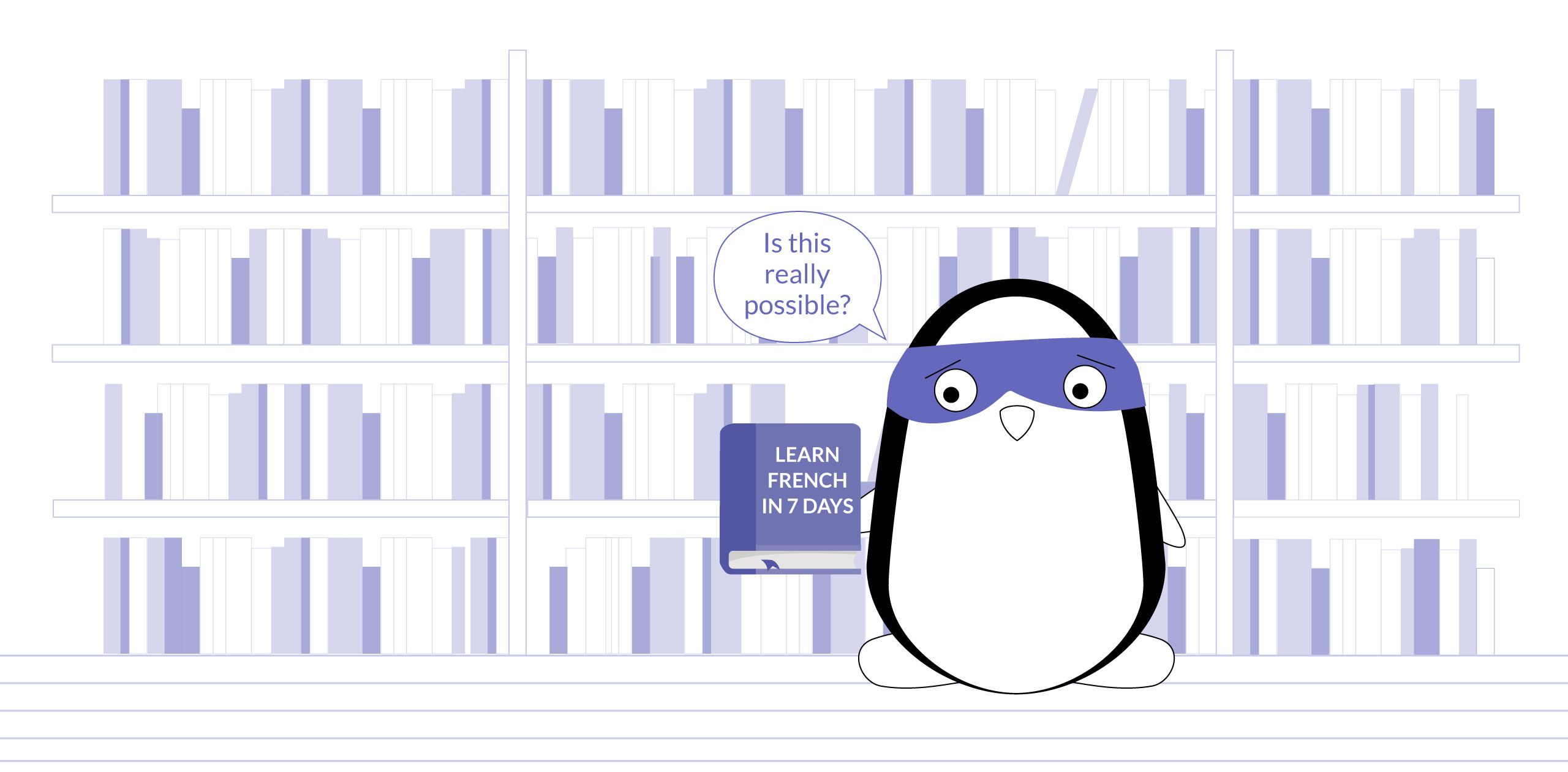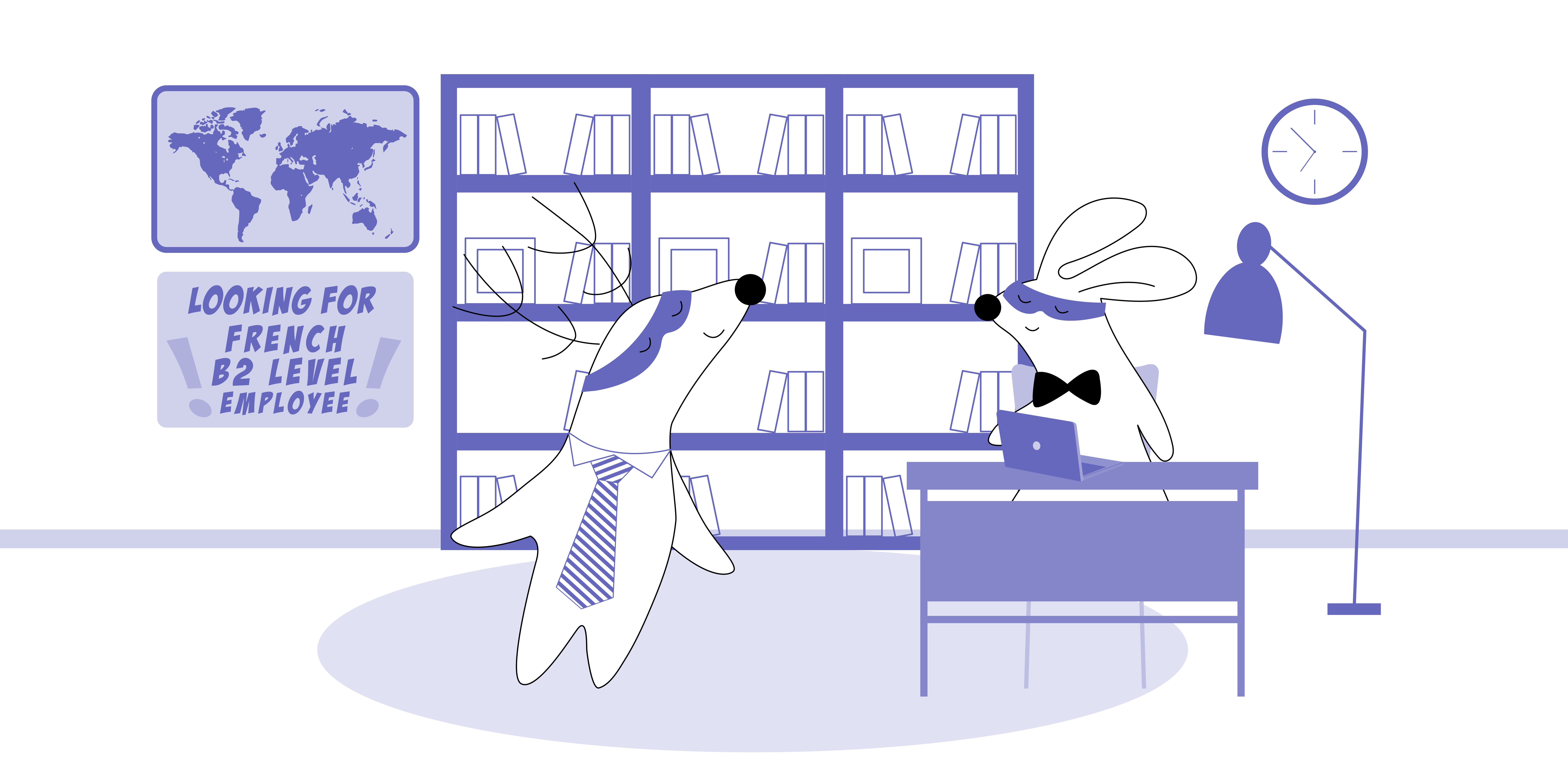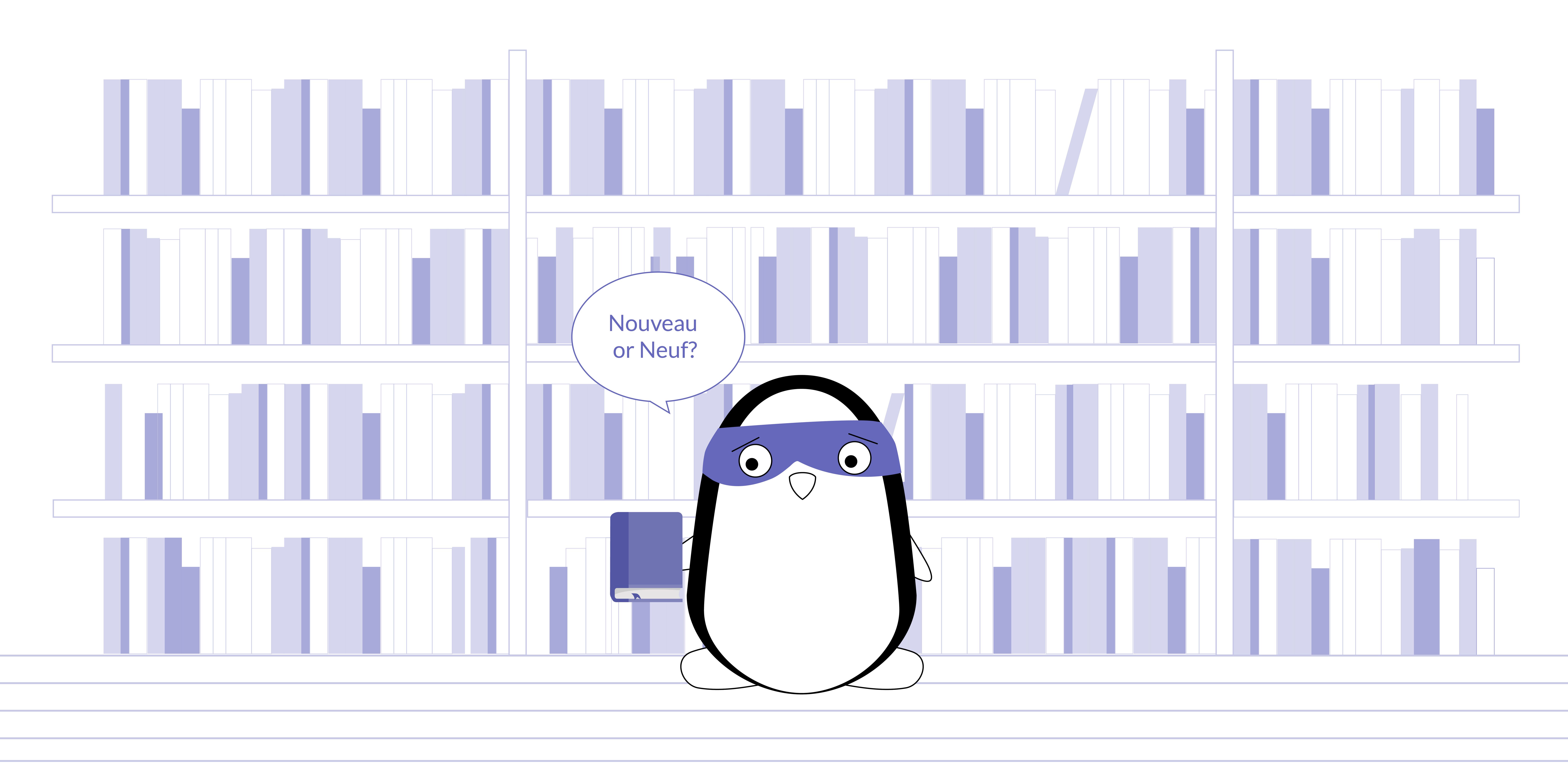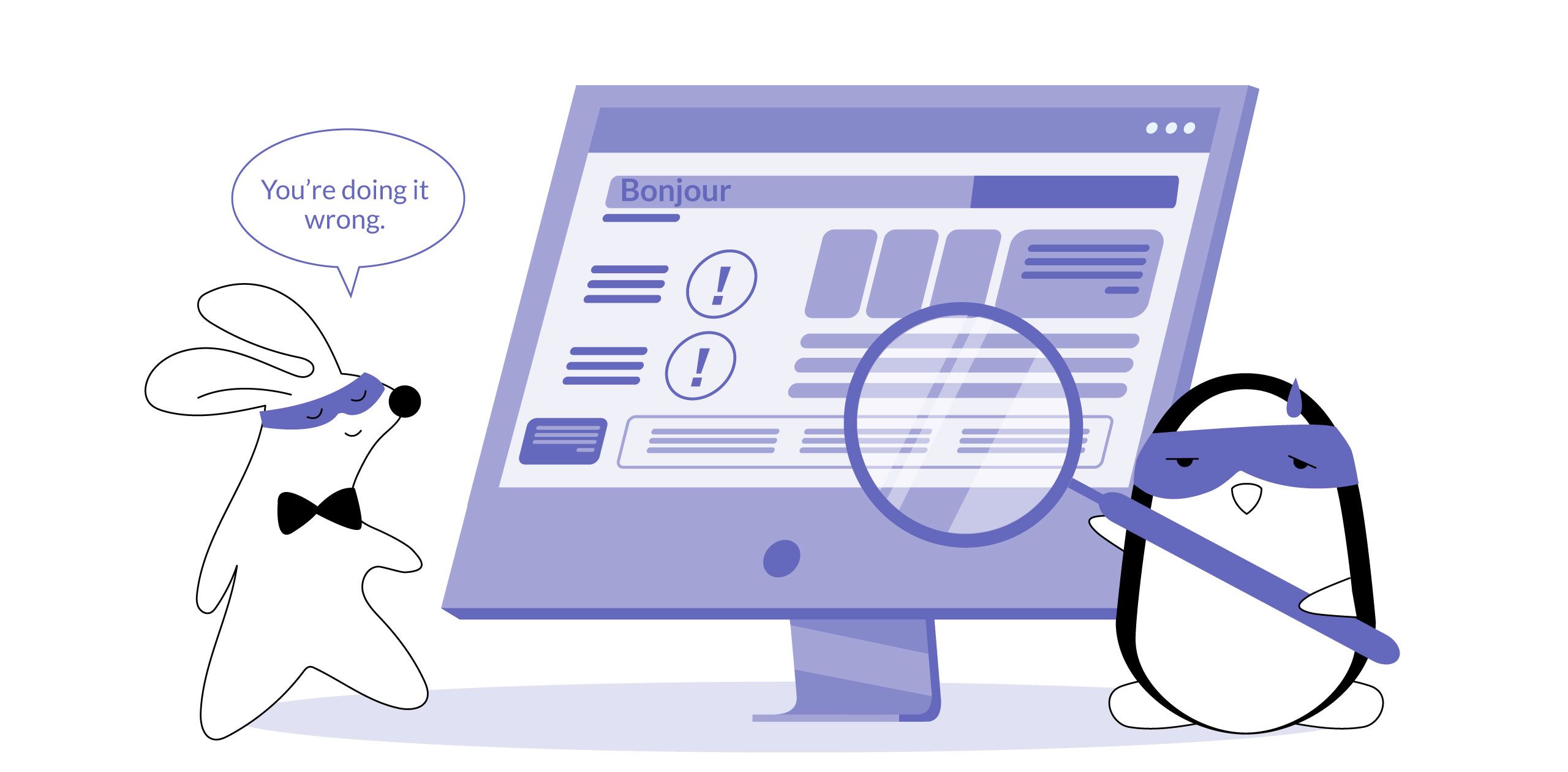
There’s no better tool for building vocabulary in a foreign language than a bilingual dictionary. This should be your main source of information when it comes to translating French words and learning their true meaning. And no, Google Translate just won’t do it.
Dictionaries offer you more than just English translations of the words. They can also share with you the nuances of the language you’re learning, give you examples, and even show you the synonyms of the words you’re learning.
What we want to say is: if you’re learning French, a French-English dictionary should become your best friend.
And today, we’re going to tell you about the three best online dictionaries that will serve you faithfully on your road to mastering French. Read on, visit the websites, add them to your bookmarks - and make sure that whatever word you need to look up, you know where to do that.
Learn French with Langster
Collins-Robert French Dictionary
The Collins-Robert French Dictionary has been one of the most popular French-English dictionaries for decades. It was first published in 1978 and has been widely used ever since both by beginners and more serious French learners.
This French-English dictionary exists in two versions: online and paperback. So if you’re a lover of old-school heavy, hefty dictionaries, you can always buy the book and use it at home or at school.
On the other hand, when you need to check a French word’s translation at any given moment of time, the online version of this dictionary will come in handy.
What Is So Good About It?
So, why is the Collins-Robert dictionary so popular? After all, it seems like just another English-French dictionary you can buy at any bookstore.
Unlike many other dictionaries, this one is exceptionally comprehensive. Apart from traditional French and English translations, here you will find a nuanced definition of the word you’re looking up along with many contextual sentences and phrases.
Collins dictionary also has a "word of the day" section, which allows you to expand your vocabulary on a daily basis. And it's extremely reliable - unlike Google Translate. Ask a French teacher about it, it’s been a go-to in French classrooms for decades.
Which Version Should I Choose?
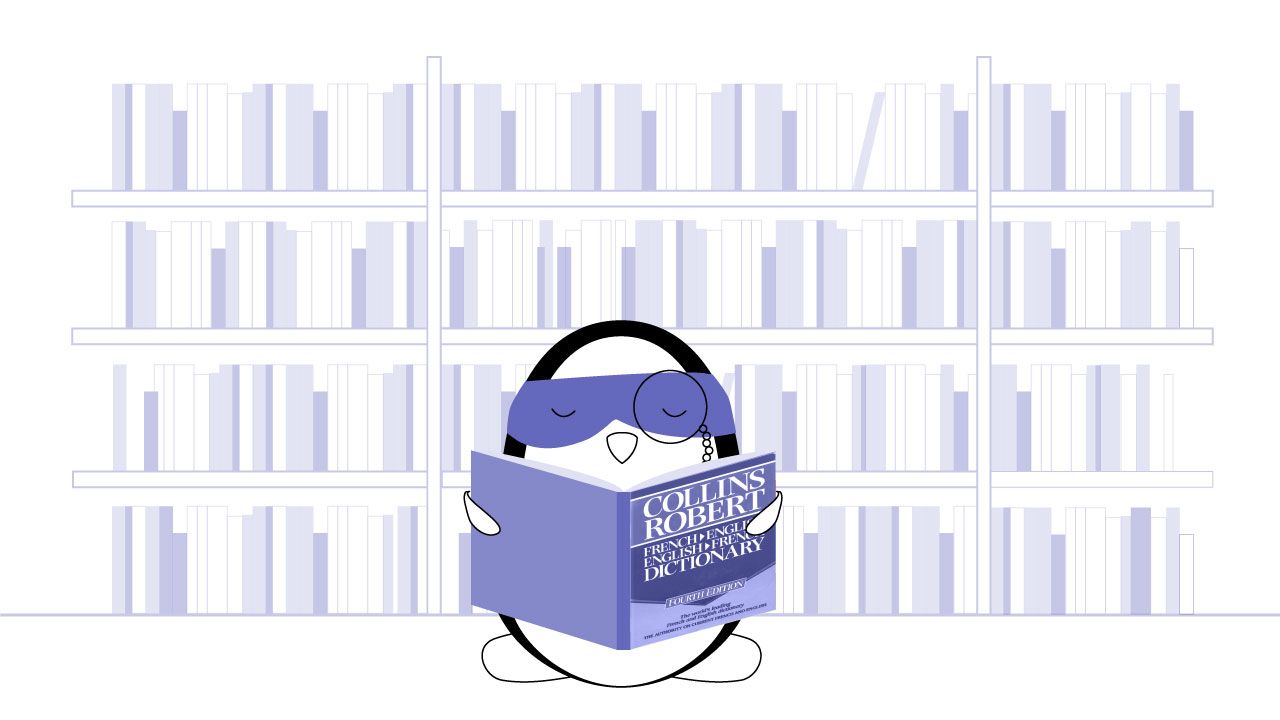
The online version of the Collins-Robert dictionary will be helpful in any situation when you just don’t have time to go through the whole book looking for a single word.
However, we recommend buying the analog version as well - it’s a great help for learning French vocabulary. When you have to go through all the hassle of looking up words in a hardcover book, it can become a bit daunting. Because of that, your brain will be more motivated to remember the words faster - so you won’t have to do that again.
Reverso Context
Reverso is not a traditional online dictionary. Still, it’s one of the most popular tools among many students learning a foreign language.
If you want more than just the translations of the word, but also the different meanings of it, make sure to add Reverso to your bookmarks right now. And trust us: after you try it once, you won’t be able to stop using it.
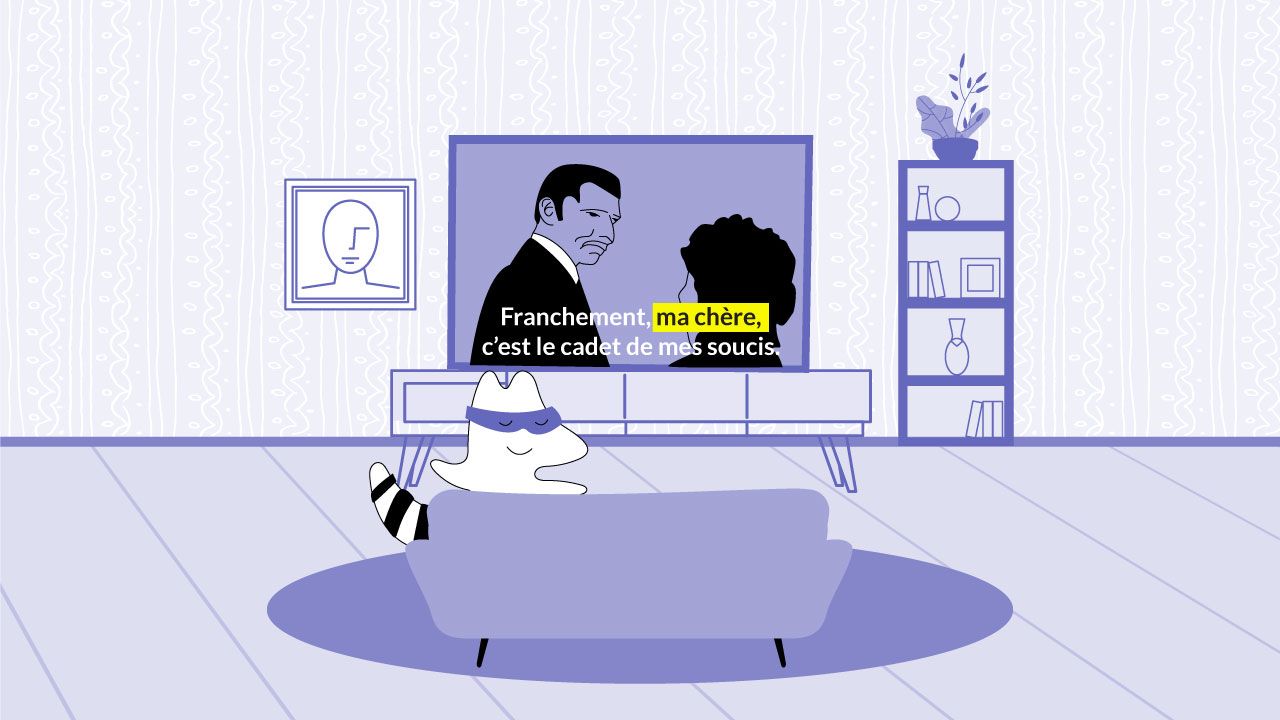
What’s So Interesting About It?
Reverso Context is a huge database of all the possible translations of one word. Just type the word or phrase you need translated into the search bar and check out dozens of example sentences of its use in context sorted by relevance. From newspapers, to books, to movies, you can check all the potential translations and choose the one that suits your case.
And if you want to enjoy more of the Context Reverso’s features, make sure to register and sign in. While all internet users are able to check different words’ meanings, there are many bonuses you can enjoy after joining the website’s community.
For example, with Context Reverso, you can translate entire phrases and idioms into French and English (if they are in the database,) listen to the native pronunciation of the words, and create your own vocabulary list.
Reverso also has other useful features, such as spell check, synonyms, conjugation, and even translations of the entire documents. And, of course, it's available for many other languages part from French.
You can also download the Context Reverso app for free in the App Store and on Google Play and enjoy all the features on your smartphone at any time.
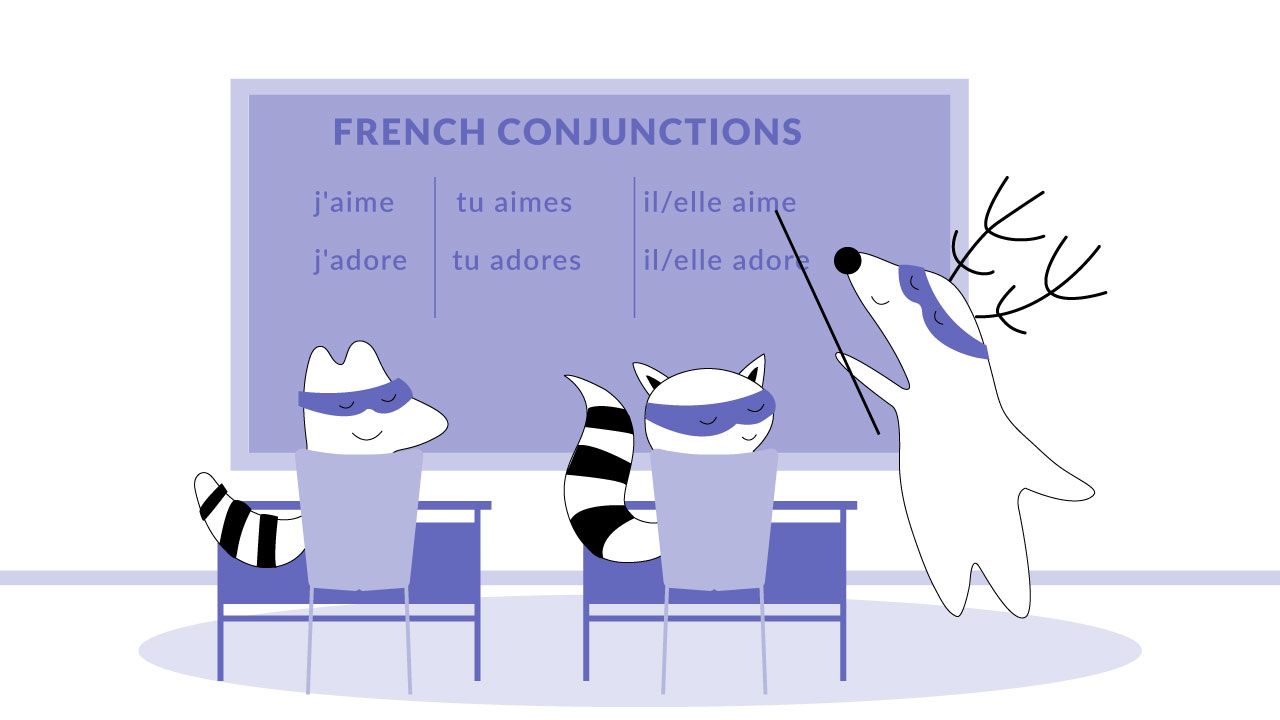
Bab.la is a crowdsourced multilingual dictionary made by a German company, and it’s pretty popular as well. The interface is clean and easy to use, and the dictionary itself offers the translation of both words and popular phrases as well as contextual examples - just not as much as Reverso.
However, the quality-delivered content, global community, and quick search are not the main reasons why this website should appear on your bookmarks.
Key Features of Bab.la
Bab.la is a perfectly good dictionary both when it comes to French-English or English-French translations. However, it’s more than just one of the numerous multilingual dictionaries online. Bab.la is the website that can also help you learn French without seeking help from other language tools. Here’s why:
- It has both dictionary and translator features so you can look up different French or English words or simply translate a whole phrase whenever you want.
- It has a conjugation feature, which is essential when you deal with the French language. Passé simple, plus-que-parfait, or présent - whichever tense you need to put a French verb into, bab.la will help you do just that.
- It can teach you phrases to work, study, and travel. Do you need to write a CV in French or order lunch in a French restaurant? Visit Bab.la phrases and learn how to do that.
- It has quizzes and games that make French learning fun. You can play Hangman, guess the French names of your favorite French characters, and much more.
How to Use Your French-English Dictionary
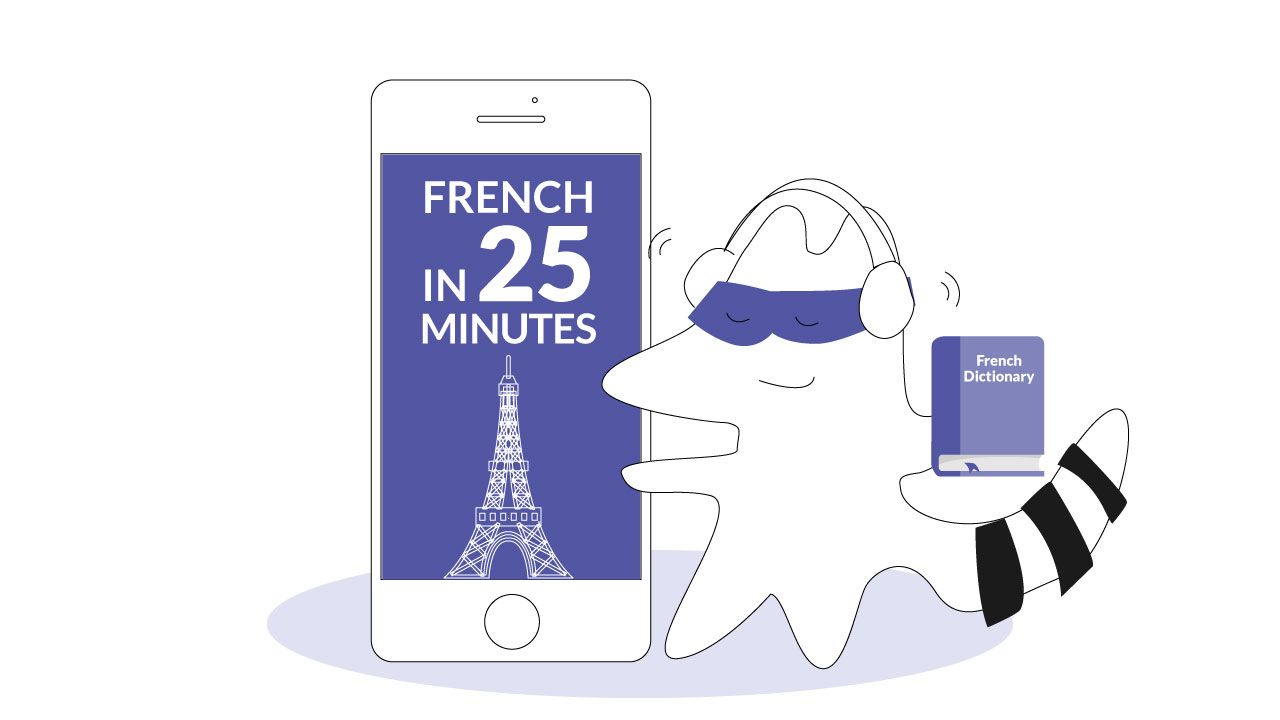
When you finally find the right French-English dictionary, it can be tempting to look up all the unfamiliar words in it. However, this can become a very time-consuming and boring process. If you want to learn new vocabulary in French and at the same time avoid spending hours on Collins or Reverso dictionaries, here are a few tips for you:
- Get picky with the word you’re looking for in a dictionary. Don’t search for the translation of every unfamiliar French word. Trust us - if you do that, you won’t remember half of the things you’ve learned.
- When using any bilingual dictionary, write down the words you learned. This will help your brain remember them more quickly and efficiently.
- Look up prepositions - this way, you’ll be able to learn the specific context in which preposition is used, and in a short time, they will come more naturally.
- Look up words that are repeated constantly - for example, when you’re reading an assignment or watching a YouTube video. This will help you boost your comprehension without spending hours looking up all the unfamiliar words.
- When using French-learning apps, such as Langster, use the inbuilt dictionary - this will save you time in the long run.
Final Thoughts
Picking the right dictionary is essential when learning any language, they can help you find the correct meanings of every word along with its context, synonyms, and examples of use.
Today, we have shown you three of the most popular French-English dictionaries out there, along with the most important features they offer. Check them out, find the one that suits you - or use all of them depending on what you need. Of course, these are not the only French dictionaries you can use. If you don't like our choices, feel free to explore the topic for yourself -- for example, try Merriam Webster, WordReference, or Cambridge dictionary.
Remember, though, that simply looking for an English translation of a French word in Google might be tricky. You may not find all the meanings a word has and end up using the wrong meaning. So don’t look for shortcuts. Add the dictionaries we mentioned above to your bookmarks and use them.
...and if you want to read news or stories in French without having to go back and forth to the French-English dictionary, download Langster. All of our stories are read out loud by native speakers, and we have an automatic translator that allows you to see the English version of any word when you click on it. Learn languages a smart way - and remember to have fun.
Learn French with Langster







